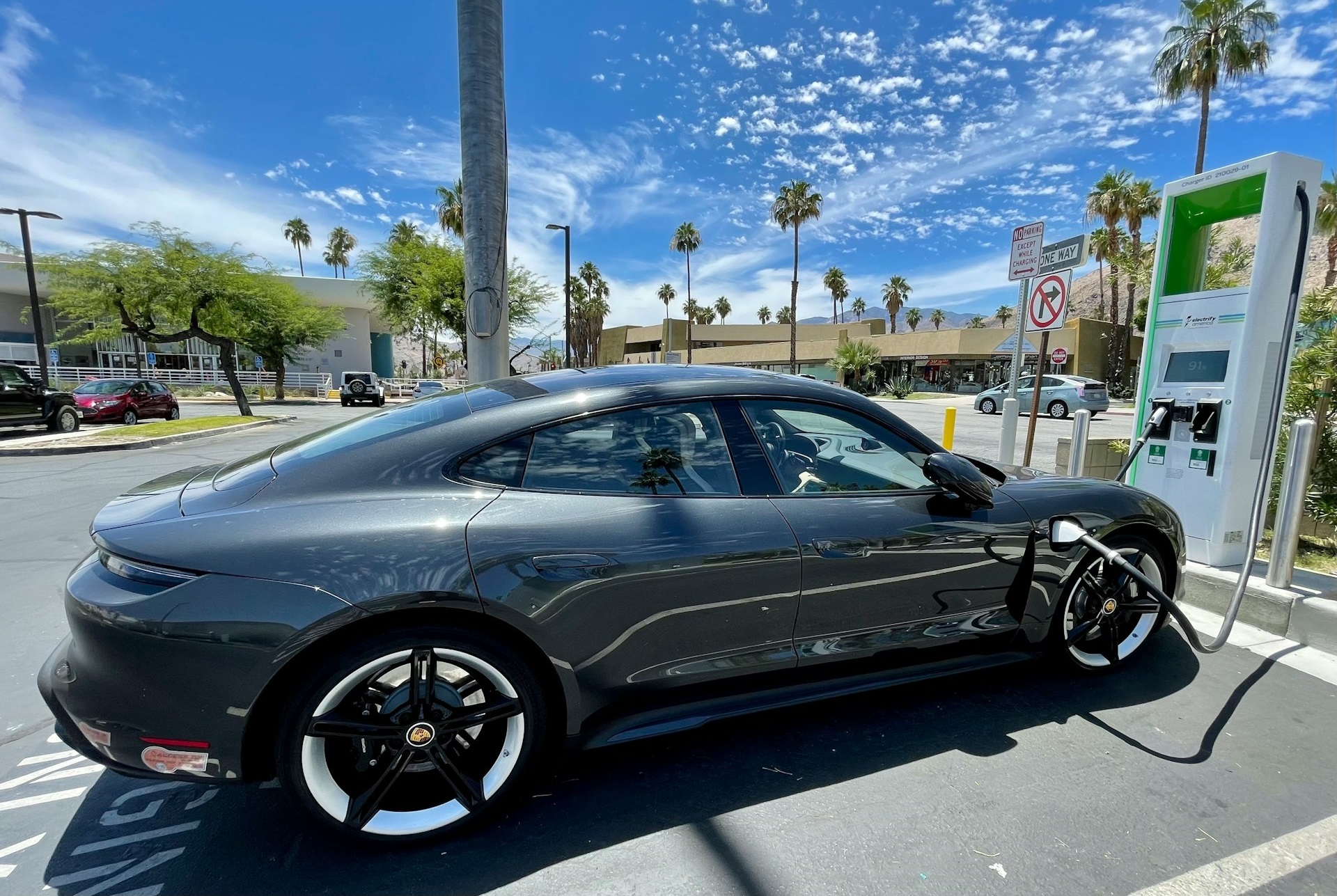Case Studies
Learn more about featured commercial and residential Custom Solar projects.
-

Avalon Ballroom: The Largest Solar Carport in the Country
Type: Commercial Size: 1.3MW Location: Boulder, CO The Avalon is Boulder, Colorado’s dance venue for contradance, swing, tango, ballroom, salsa, waltz, community dancing,…
Recent Articles
Explore articles about renewable energy and solar news
-

Biden marks Earth Day with new solar energy funds and steps to stand up American Climate Corps
President Joe Biden marked Earth Day by unveiling $7 billion in grant funding for solar power and new action on…
-

After Going Solar, I Felt the Bliss of Sudden Abundance
My rooftop panels showed me that a world powered by renewables would be an overflowing horn of plenty, with fast,…
-

What killed a 1980s program to kickstart a green home revolution in Colorado?
John Avenson fell in love with his home more than four decades ago. The year was 1981. That’s when Avenson, a…
-

CU Boulder finds U.S. utilities on track to hit 100% renewable energy by 2060
A University of Colorado Boulder study found that utility companies nationwide are moving faster toward decarbonizing than state mandates, with…
-

Home Batteries Aren’t Just for Backup Power Anymore
New battery technology can help you keep the lights on, support the power grid and save you money. Here’s how…
-

Request for Information: The greatest challenges to equitable distribution of solar energy
On January 23, 2024, U.S. Department of Energy (DOE) Solar Energy Technologies Office (SETO) published a Request for Information (RFI)…

